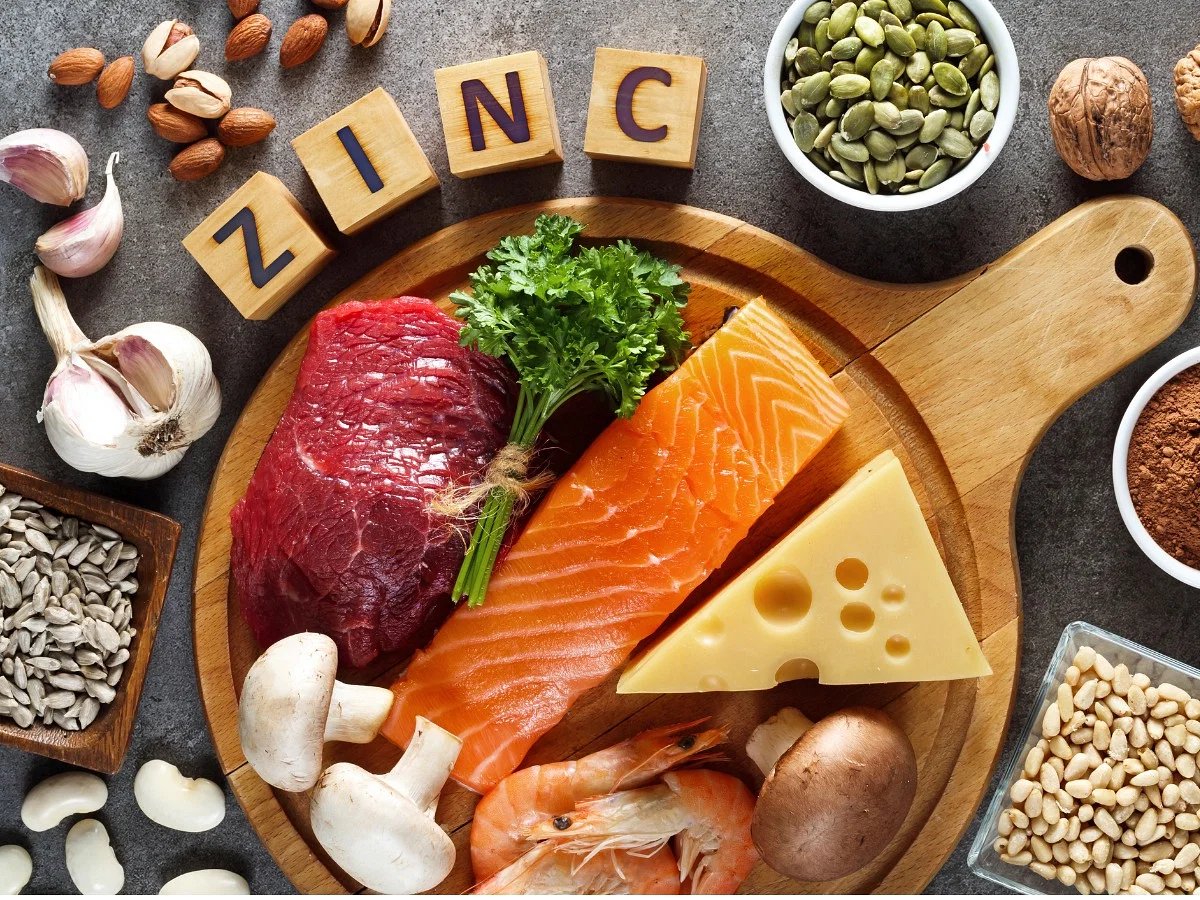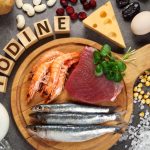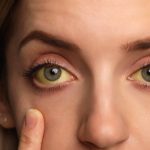
Key facts
- Zinc is a mineral that is essential for many of the body’s normal functions and systems.
- Zinc also supports normal growth and development during pregnancy, childhood and adolescence.
- Having enough zinc is important for skin health and effective wound healing.
- Zinc is found in many food sources, but is better absorbed from animal-based foods, so vegans and vegetarians need to be extra careful to ensure they get enough.
- Too much zinc can cause side effects, so if you decide to take a supplement, don’t take more than 40mg of extra zinc, unless you are advised to by your doctor.
What is zinc?
Zinc is a mineral that is essential for many of the body’s normal functions and systems, including:
- the immune system
- wound healing
- blood clotting
- thyroid function
- senses of taste and smell
Zinc also supports normal growth and development during pregnancy, childhood and adolescence.
What does zinc do?
Zinc is naturally found in cells throughout the body. It helps the cells to grow and divide, and is necessary for the activity of enzymes, proteins, and DNA (your genes). The body cannot make zinc, so you need to get it from the food you eat. It is mainly stored in the muscle and bone.
Zinc is important for many of the body’s functions:
- Immune system: The body needs zinc to fight off infection. People who don’t have enough zinc in their body may be at greater risk of infections. Children and older people are at greater risk.
- Wound healing: Zinc supports skin health. If you don’t have enough zinc in your diet, it can lead to skin changes that can look like eczema at first. Zinc supplements may be used to help people who have burns or leg ulcers that heal very slowly or don’t heal.
- Taste and smell: Zinc is very important for one of the enzymes you need so that you are able to taste and smell.
Having enough zinc is especially important during pregnancy, and for children to ensure they grow and develop properly.
Can I have too much or too little zinc?
Having the right amount of zinc (not too much, or too little) is important. An imbalance of potassium can lead to health problems.
Low zinc
Healthy people who don’t have enough zinc in their diet may have symptoms including:
- hair loss
- diarrhoea
- delayed sexual development in adolescents
- eye and skin problems
- loss of appetite
High zinc
Taking too much zinc can lead to:
- nausea and vomiting
- diarrhoea
- abdominal (stomach) cramps
- headaches
It can also interfere with other nutrients you need, such as copper and iron.
You should not take supplements with more than 40mg of extra zinc a day, unless your doctor tells you to.
How much zinc do I need?
How much zinc you need depends on your age, sex and stage of life:
| Stage of life | Recommended daily intake for zinc (milligrams per day) |
|---|---|
| 0 to 6 months | 2 |
| 7 to 12 months | 3 |
| 1 to 3 years | 3 |
| 4 to 8 years | 4 |
| 9 to 13 years | 6 |
| 14 to 18 years | |
| Males | 13 |
| Females | 7 |
| Adult males | 14 |
| Adult females | 8 |
| During pregnancy | 10 to 11 |
| While breastfeeding | 11 to 12 |
Source: Eat for health
How do I get enough zinc?
Zinc is found in many foods including:
- meat
- fish and seafood
- poultry
- cereals and whole grains
- nuts, seeds and legumes
- dairy foods
The amount of zinc the body can absorb is affected by how much protein is in the diet. Zinc tends to be better absorbed from animal-based foods than plant-based foods. This means that vegetarians and vegans, or people on long-term restricted diets, are more likely to experience zinc deficiency.
Some people may need more zinc than they can get from food alone. Zinc can be found in zinc supplements or multivitamin supplements and cold remedies that contain zinc.



